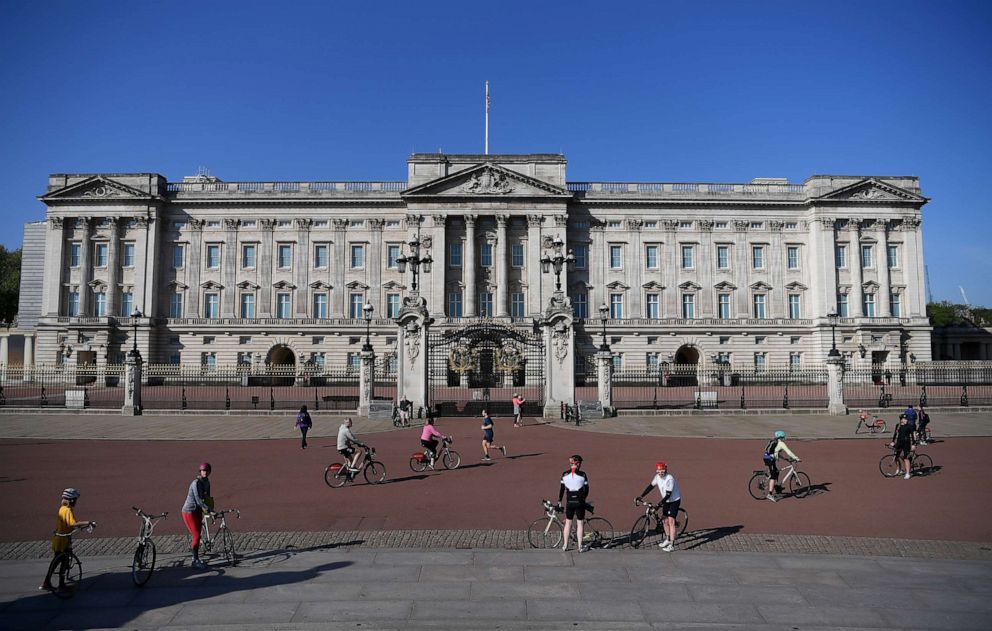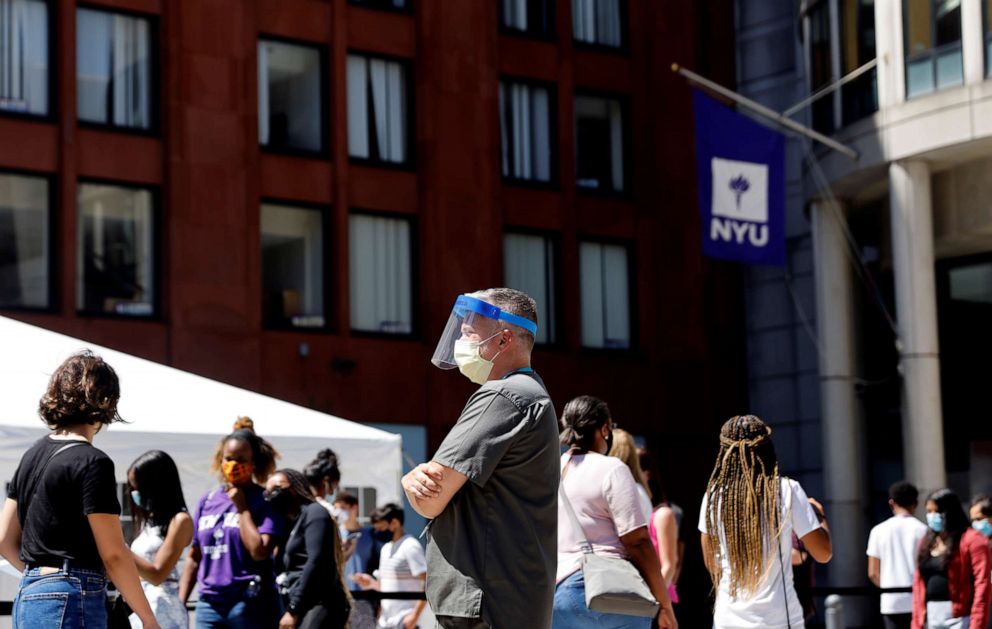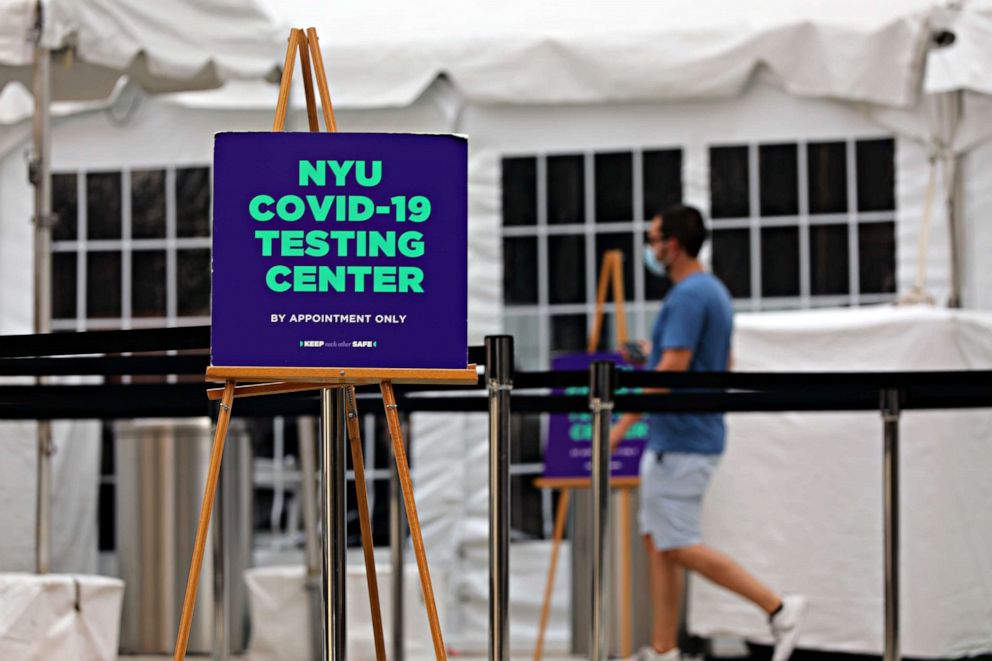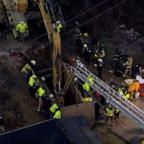Washington Monument reopens to public
Visitors can now return to the top of the Washington Monument for the first time since March 13. The monument reopened to the public on Thursday after a six-month closure due to COVID-19.
The National Park Service said it has new cleaning procedures, like closing from 1 p.m. to 2 p.m. each day to disinfect. The National Park Service said it’s enforcing “significantly reduced elevator capacity, limiting trips to 4-8 passengers.”
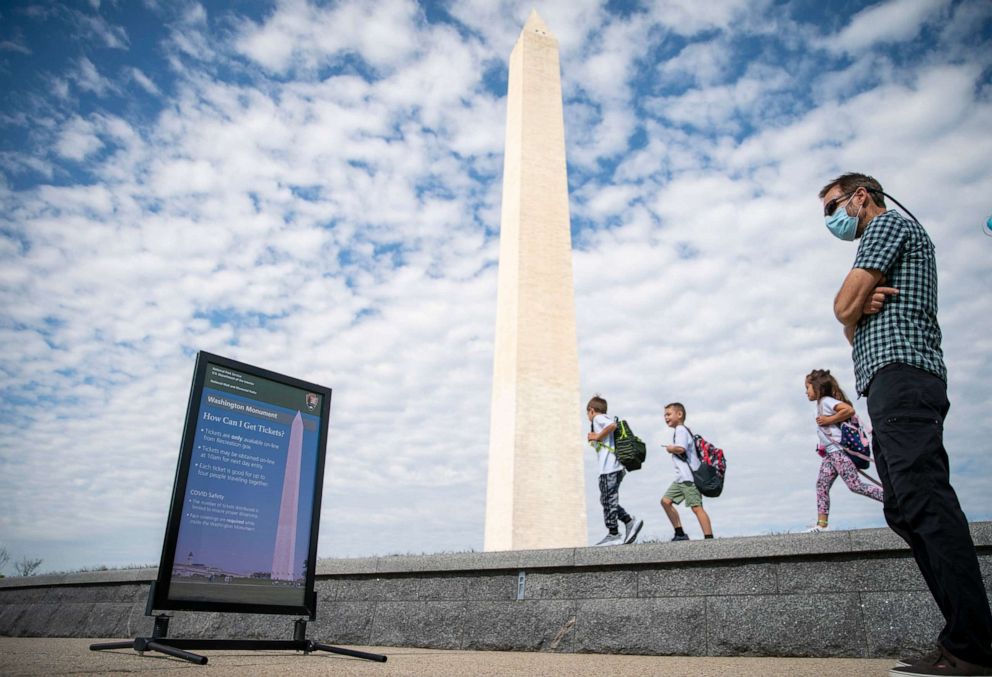
Tickets are only available in advance online to promote distancing.
